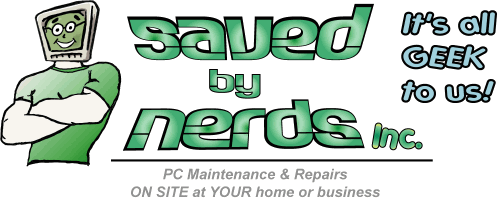POPUP ADS:
Popup ads are the annoying extra web browser pages that flash onto your screen with the
sole purpose of putting an advertisement in your face, whether you wanted it or not.
These are relatively harmless to your system, but can be incredibly annoying. You do not even have to have a Web Browser open to see these. As long as you are connected to the internet, you run the risk of seeing these. Along the same lines, we have POP
UNDER ads. These windows cleverly launch themselves UNDER your current web page, so you never actually see it until you close your browser, and it�s left behind.
The worst kind of these is the Chained Popup, whereby each ad contains a link to another
ad or website. As soon as you close one, another is opened, endlessly cycling through annoying advertisements or websites until you�re ready to pull your hair out.
ADWARE:
AdWare is software that serves the sole purpose of pushing advertising at you without
your consent. (Sometimes feeding the Popup Ads) In MOST cases, it is a software program that is hidden from you.
Usually, it is installed without your consent, or your consent is forced by accepting a user agreement that is vague about advertising. Quite often, if you don�t install the adware, they won�t allow you to use the software. This should be illegal, but it�s not. The danger is that someone else now has control of your machine some of the time. An unknown program is visiting unknown web pages to download graphics and ads, launch browser windows to display them in, and often reports back to a marketing company about what you�ve done with your computer, and how long you looked at their advertising before closing it.
SPYWARE:
Just like AdWare, but far more malicious in many cases. SpyWare can be fairly
harmless, (except for the invasion of privacy when a market research firm keeps track of the websites you have visited and the programs you have launched.) HOWEVER, they can also be
ruthless and exceptionally dangerous to leave on your system.
Maliciously written spyware can be used to capture passwords and credit card information and send it along to a dishonest third party. As we use computers for more and more of the communication and purchasing we do, it becomes increasingly paramount to make sure our personal information is not being watched or stolen. Identity Theft and Credit Card Fraud are two of the FASTEST GROWING methods of crime, and the largest part of that type of crime is done through exploiting unprotected computers.
VIRUSES:
The worst of the bunch. Viruses are specifically written to cause damage to your
computing system.
In some cases, they work to debilitate your machine by confusing it, crashing it, or erasing it�s contents. Other times, viruses are specifically designed to wait until a certain date, and then attack a Corporation�s website or network along with all the other millions of copies of itself which it has spread around the world. The sneakiest of viruses are called Trojans. They are named after the Trojan Horse in Greek Mythology which contained soldiers, hidden inside. Once the giant wooden horse was inside the gates of the city, and everyone had gone to sleep, the soldiers came out of the horse, and opened the city gates to let the entire Trojan army in. The modern day digital version is quite similar. Trojans can disguise themselves. They can look like some other LEGITIMATE program. Each time they run, they can morph into something different, so that they are incredibly difficult to identify. The worst scenario is when a Trojan contains code for a �Back Door�, which is simply a connection it can open to the internet without your knowledge. It can then use YOUR machine as a repository for thousands of virus files, which it then freely distributes on the web, again, without your knowledge.
Effective, regularly updated virus protection is an absolute necessity.
Our systems are updated every single day.
MALWARE:
MalWare is a generalized term used to describe any software designed to cause
harm.
It includes viruses, and spyware, specifically, but can also include any software that can cause damage to your computer, or diminish your experience with technology through delays, damage, or annoyances.
|
